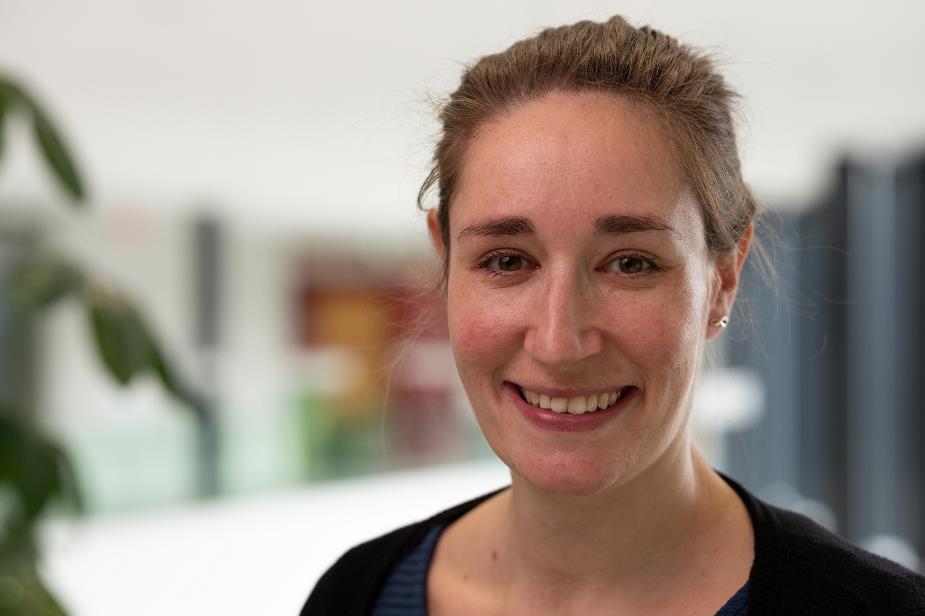Blogs of a researcher
23 April 2020
Conducting the research. Most students find it ‘boring. And difficult’. In this monthly blog I will share with you my experiences as a researcher. What challenges I encounter and how I resolve these issues.

Conducting the research. Most students find it ‘boring. And difficult’. In this monthly blog I will share with you my experiences as a researcher. What challenges I encounter and how I resolve these issues. I will show you that research can be difficult but also inspiring and educational. By sharing some concrete practical tips on doing research I hope to help and inspire you. And make it less ‘boring. And difficult’.
Blog 1: choosing the topic for your research
Let me start at the beginning: my name is Liset Schrijvers. I’m a lecturer for the Sport Studies degree programme and affiliated as a researcher with the research group Healthy Lifestyle in a Supporting Environment (GLSO). Research groups are the knowledge incubators for universities of applied sciences and the professional field. The research conducted by the research centres is focused on specific practical problems. That is why the outcomes of this type of research are very valuable for employers and for education. The research outcomes can provide insights into the competencies that employers expect from their future employees. Your degree programme can use this insight to best prepare you for your professional future.
I work at the Sport Studies degree programme and have an above average interest in sports and exercise. I believe it’s important that people, and children in particular, enjoy playing sports and exercising. I want to set up a multi-year research project to contribute to this topic. To start up this project I need to apply for subsidy. This subsidy will only be granted if I present a high-quality research proposal: a clearly defined scope, relevant and methodologically sound. This year I will work on writing the research proposal. In this blog I will show you how I do this. In addition to being a researcher, I am also a lecturer and as a student you will be able to learn a lot from my process. You will see that research isn’t conducted according to a predetermined step-by-step plan. It’s more often one step forward and two step backwards as you discover new insights. By sharing my process with you I will show you how a research proposal is actually created.
Writing a research proposal always begins with defining the topic. For me the topic will be: the Neighbourhood sports coach and their influence on children’s enjoyment of sports and exercise. Of course I could quickly compose a research question, such as: ‘what is the impact of a neighbourhood sports coach on children’s enjoyment of sports and exercise?’ But that is not a good idea. The most important reason is that the research proposal has to be relevant. And relevant means that there is a need for knowledge and understanding on a certain issue. In my case I’m referring to both theoretical relevance (developing new scientific knowledge) as well as practical relevance (what does the neighbourhood sports coach need?). When you start to write a research proposal as a university of applied sciences student, the most important point is its practical relevance.
So I can only compose a relevant research question when I know what the neighbourhood sports coach actually needs. To find this out, I need to do some field work: meet a neighbourhood sports coach for coffee, make a phone call to a supervisor of a group of neighbourhood sports coaches and attend a networking meeting to talk to the municipal policy worker involved with neighbourhood sports coaches. That’s how I learned that the neighbourhood sports coach currently doesn’t feel capable of evaluating and being accountable for the social impact of their interventions. A reason is that there is a lack of a convenient evaluation method. I still don’t know if that could be the actual topic of my research, but I find it interesting enough to explore further.
In the next few weeks I will determine if I can translate the need of the neighbourhood sports coach into a research question. I’m planning to talk to more people and research scientific literature, to learn what is already known about evaluating the social impact of interventions. Only when it becomes clear what knowledge is still missing to solve the problem, will I be able to formulate my research question.
Do you have any questions or comments about my blog? Please send an email to [email protected] so I can include your input in my next blogs.